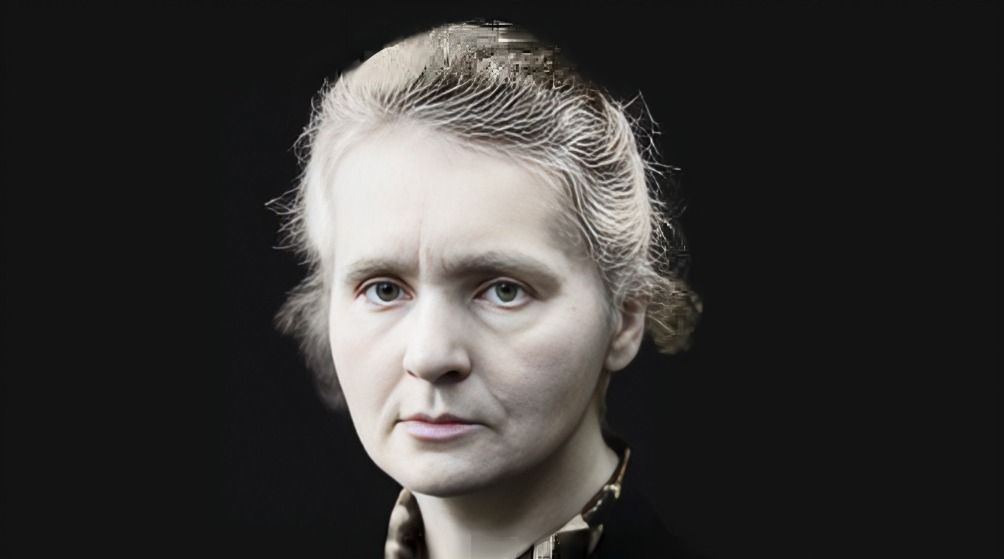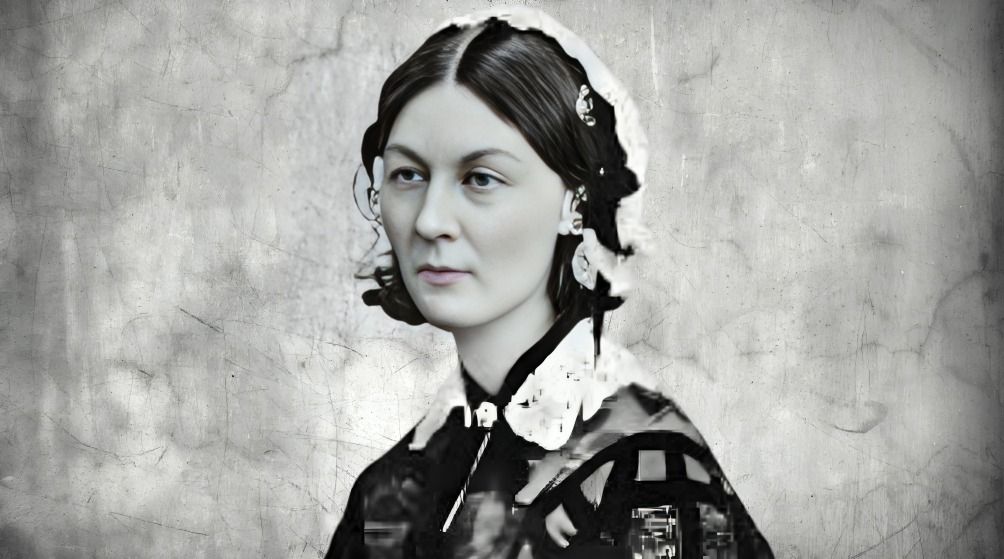
“
Florence Nightingale is a beacon of inspiration, known for her groundbreaking contributions to nursing and healthcare. Born in 1820, she defied societal norms of her time, dedicating her life to caring for the sick and wounded. Nightingale is best remembered for her work during the Crimean War, where she established sanitary conditions that drastically reduced the death rate in military hospitals. Her innovative approaches to nursing and healthcare data collection laid the foundation for modern nursing practices. In this blog, we will unveil 20 fascinating facts about Florence Nightingale, celebrating her relentless spirit, her commitment to improving healthcare, and her role as an inspirational woman in history. Join us as we explore the legacy of this remarkable figure whose impact continues to resonate today.1
”
Florence Nightingale was born on May 12, 1820, in Florence, Italy. From a young age, she felt a deep calling to help others, which shaped her life's work in nursing.1
Despite coming from a wealthy family, Nightingale defied societal expectations by pursuing a nursing career, paving the way for future generations of women in medicine and healthcare.2
During the Crimean War in 1854, Nightingale volunteered to lead nurses caring for wounded soldiers. Her dedication made a significant impact on military medicine and battlefield nursing.3
The appalling hospital conditions led Nightingale to implement strict hygiene practices, which reduced the death rate among injured soldiers and transformed care standards in military hospitals.4

Known as “The Lady with the Lamp,” Nightingale walked through hospital wards at night, comforting wounded soldiers and providing care. Her presence offered hope during their darkest hours.
A pioneer in data collection, Nightingale used statistics to track hygiene's impact on recovery rates, establishing a precedent for evidence-based medicine in healthcare practices and nursing education.5
Her research revealed more soldiers died from unsanitary conditions than from battle wounds. This crucial finding led to significant improvements in medical care standards and hospital administration.6
By advocating for hospital sanitation, Nightingale's reforms reshaped healthcare systems globally, establishing the foundation for modern nursing practices centered on hygiene, patient care, and health improvements.7
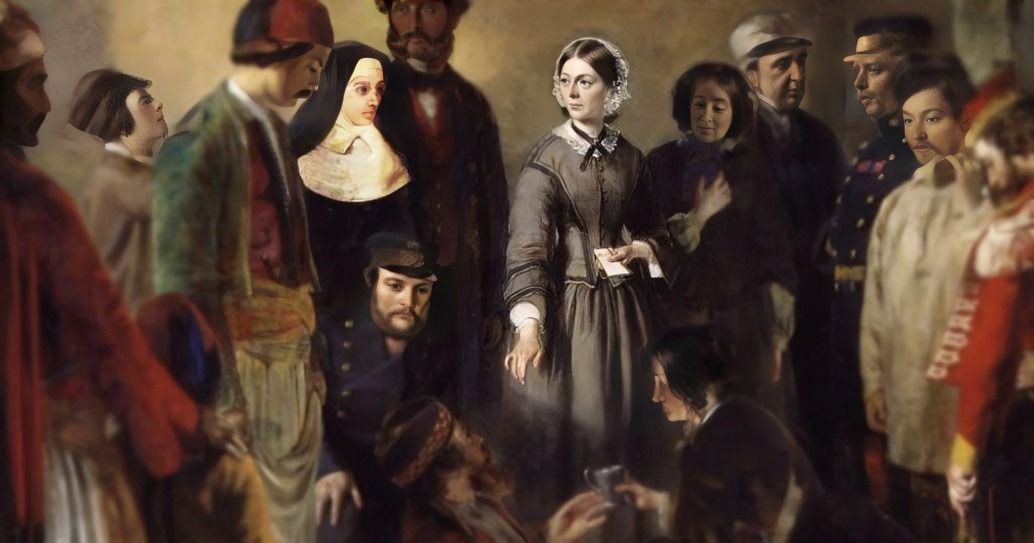
In 1860, Nightingale established the Nightingale Training School, the first formal nursing school, professionalizing nursing and ensuring proper training for nurses, which elevated the profession’s standards.
Despite her chronic illness, Nightingale dedicated her life to improving healthcare. She demonstrated incredible resilience and commitment to her mission, even while often confined to her bed due to health issues.8
Her contributions were recognized when the British government awarded her a medal for her wartime service, making her the first woman to receive this honor, highlighting her groundbreaking work.9
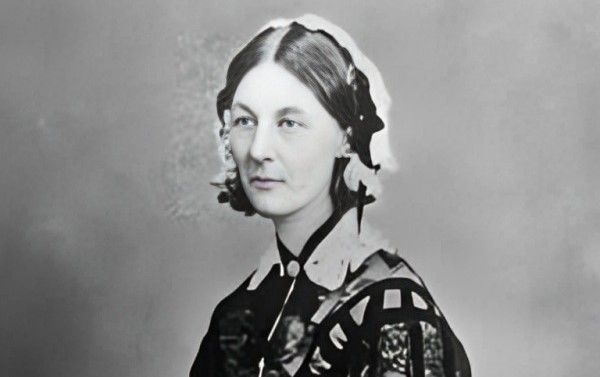
Known for her intellect, Nightingale was fluent in multiple languages, allowing her to communicate groundbreaking ideas and research effectively with a global audience, spreading her influence beyond England.
Nightingale’s work influenced hospital design and operation, incorporating better ventilation and sanitation principles that transformed patient care environments in healthcare facilities, improving health outcomes significantly.10
In 1860, she published "Notes on Nursing," emphasizing hygiene, nutrition, and empathy. This influential work shaped nursing education and established essential patient care practices still used today.11
Throughout her career, Nightingale mentored future nursing leaders, generously sharing her knowledge and passion. She inspired generations of nurses to continue her mission of improving patient care.12
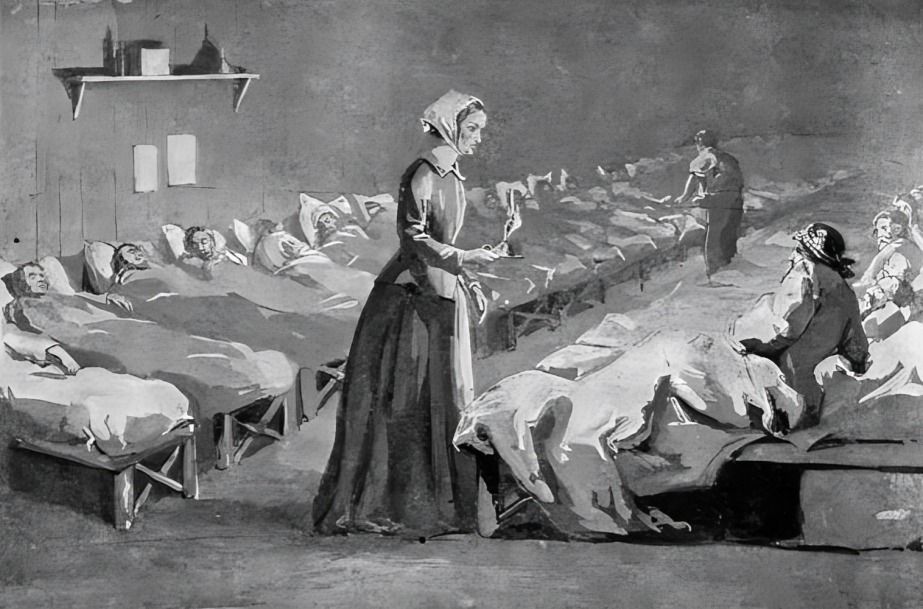
Her use of statistics influenced military and public health policy, highlighting the importance of evidence-based practices in healthcare decision-making and establishing enduring standards.
Nightingale advocated for health reform in India, emphasizing poor sanitation and inadequate medical care. Her efforts raised awareness of global health issues and sparked significant reforms.13
Beyond healthcare, she fought for social reform, advocating for clean water, better housing, and women’s rights, showcasing her commitment to improving lives and creating a better world for everyone.14
Florence Nightingale's birthday, May 12, is celebrated as International Nurses Day, honoring her lasting impact on healthcare and the nursing profession, serving as a reminder of her incredible legacy.15
Her legacy continues through the Florence Nightingale Medal, awarded by the International Red Cross to nurses exemplifying exceptional dedication and courage in their work, ensuring her spirit lives on in nursing.16


